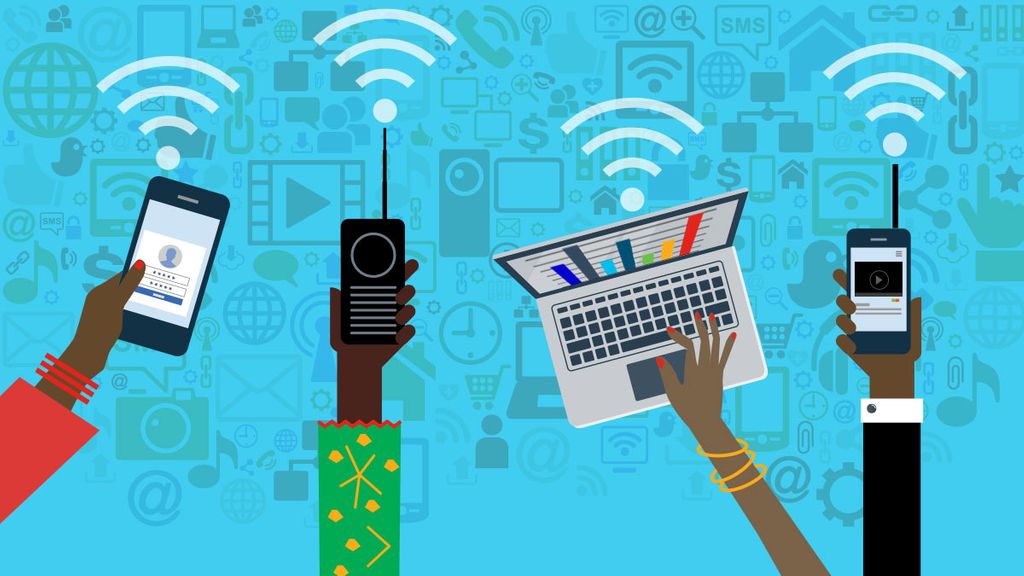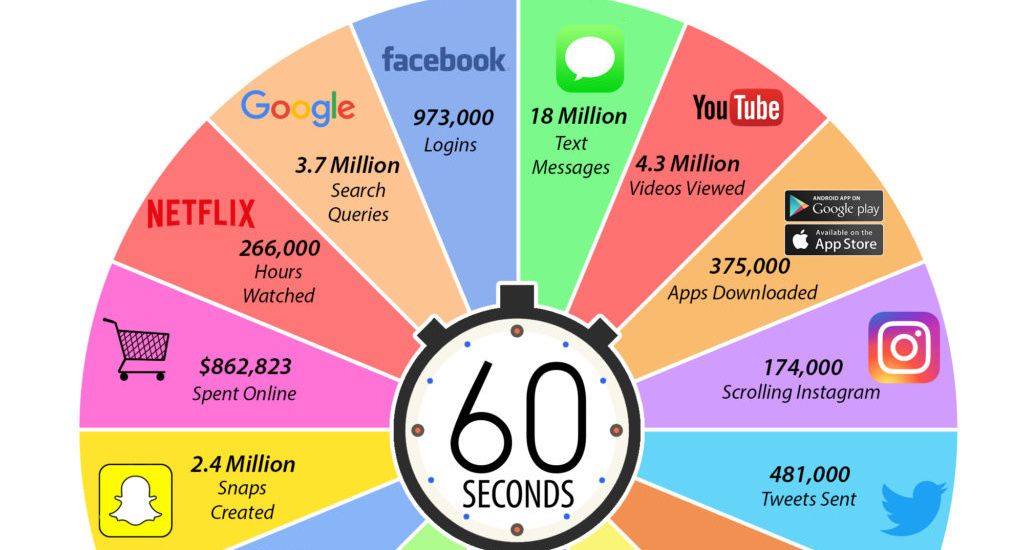Internet And Its Uses
May 10, 2019 • 25 views
What is Internet?
Internet is a global network which connects a network of computers all over the world. It has become very simple and easy in accomplishing all day to day activities which were very time consuming and hectic hard activities to manage in those days. We cannot think of our life without this great invention called the internet.

Positivies of Internet:
Online communication has become very easy and simple.
We just need to connect our internet to open some social networking websites and opening Gmail,Facebook,Instagram,Twitter, Skype and so on emerging applications to send messages within seconds.
It has reduced the usage of paper and paper works to a great extent.
We can get all the news time to time from all across the world from one place.
It is very effective and efficient in gathering huge information whether required for references or activities on any topic within seconds.
It has benefited the education, travel and business sectors to a great level.
It has made easy access to the online public libraries, textbooks or other resources to find relevant topics.
One can book train online in just a few clicks and get travel ticket through printout or get a soft copy in his/her mobile.
One does not need to travel a long distance for his/her meeting for business or other purposes.
One can attend his/her meeting online from own office through the use of video calling, conferencing, Skype or using other tools.
It helps in getting admission online in his/her desired school, college or universities, hiring highly skilled employees and teachers, business transactions, banking transactions, applying for driving license, money transfer, learning cooking recipes, bill payment, purchasing anything on free delivery and so many activities.

Future Predictions of Internet:
1. Internet connection will be permanent and automatic. We’ve been “connecting” to the Internet in various ways, from the minutes-long process of dialling up to the seconds-long process of entering a Wi-Fi password once for a given location. Eventually, connectivity will be constant and streamlined to the point where no individual “connection” is really necessary. Universal Internet is slowly becoming a reality, and overlap between systems may establish a layer of redundancy that prevents worries of service outages or bad connections.
2. Augmented and virtual reality will play a major role. Mobile devices let us access the Internet in the real world, but next-gen devices will project the Internet, or embed it, into the real world through a form of augmented reality. Google Glass pioneered this space, while Microsoft’s HoloLens looks promising to carve the path forward. Though augmented reality has seen some unsuccessful fits and starts, its close cousin, virtual reality, is starting to see significant growth amid the launch of Oculus Rift, HTC Vive, and the upcoming PlayStation VR. The world wasn’t ready for AR a few years ago, but a few years from now, it will be.
3. Machines might take over your job. Already, machines are capable of many manual tasks, and they’re starting to gain mastery over high-level and intellectual tasks, like writing. Combined with the ubiquity of the Internet, these apps will make it so that less work and more resources are directly available. The need for people to work will decrease along with job availability (at least, ideally), resulting in a system that’s more or less balanced. As we struggle to find this balance, we’ll undoubtedly encounter hurdles of joblessness and unbalanced resource distribution—but these are short-term drawbacks of a more connected, richer world.
Thus, thus Internet does more things for us and let us use it wisely to prosper in life.
